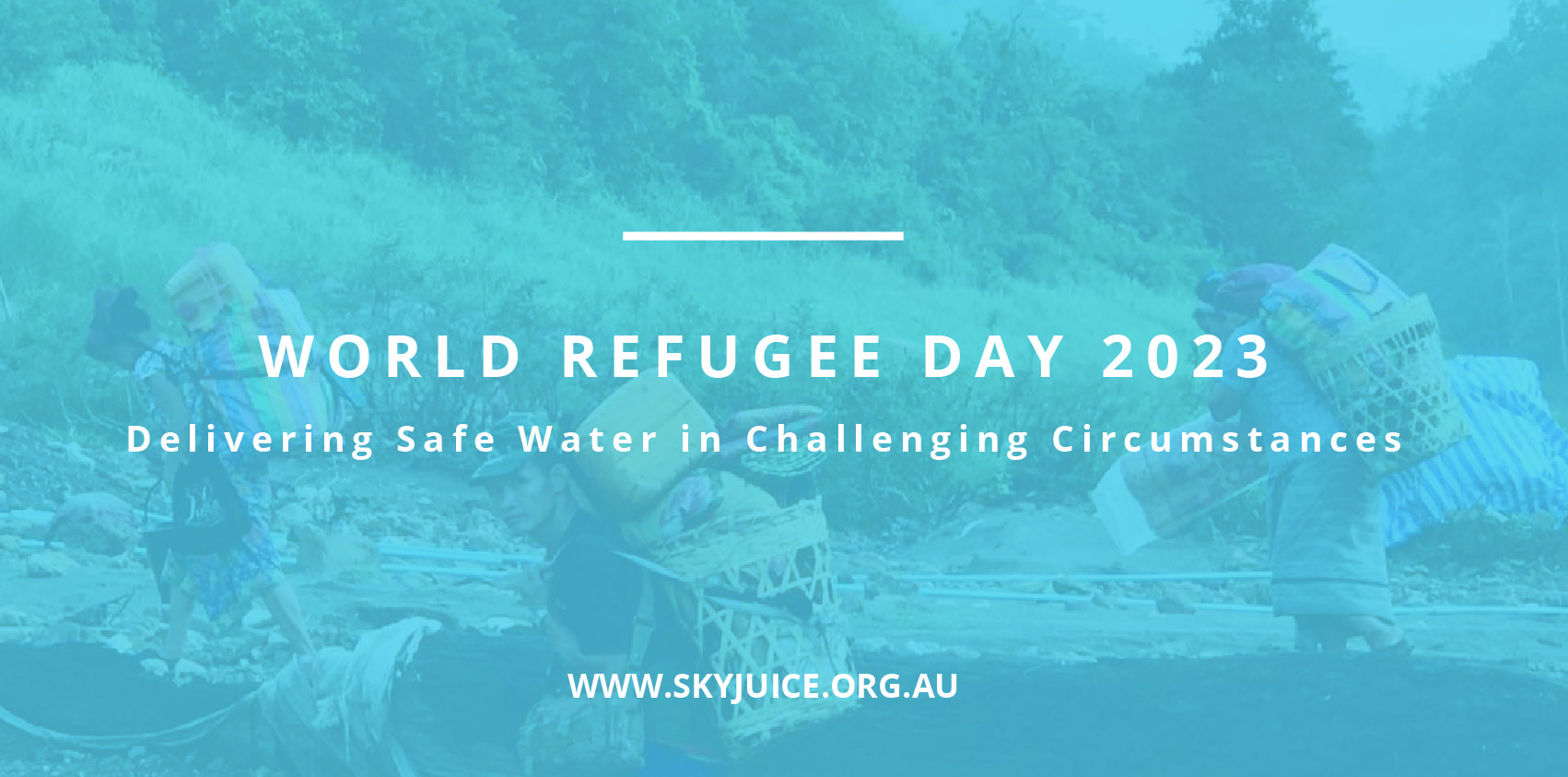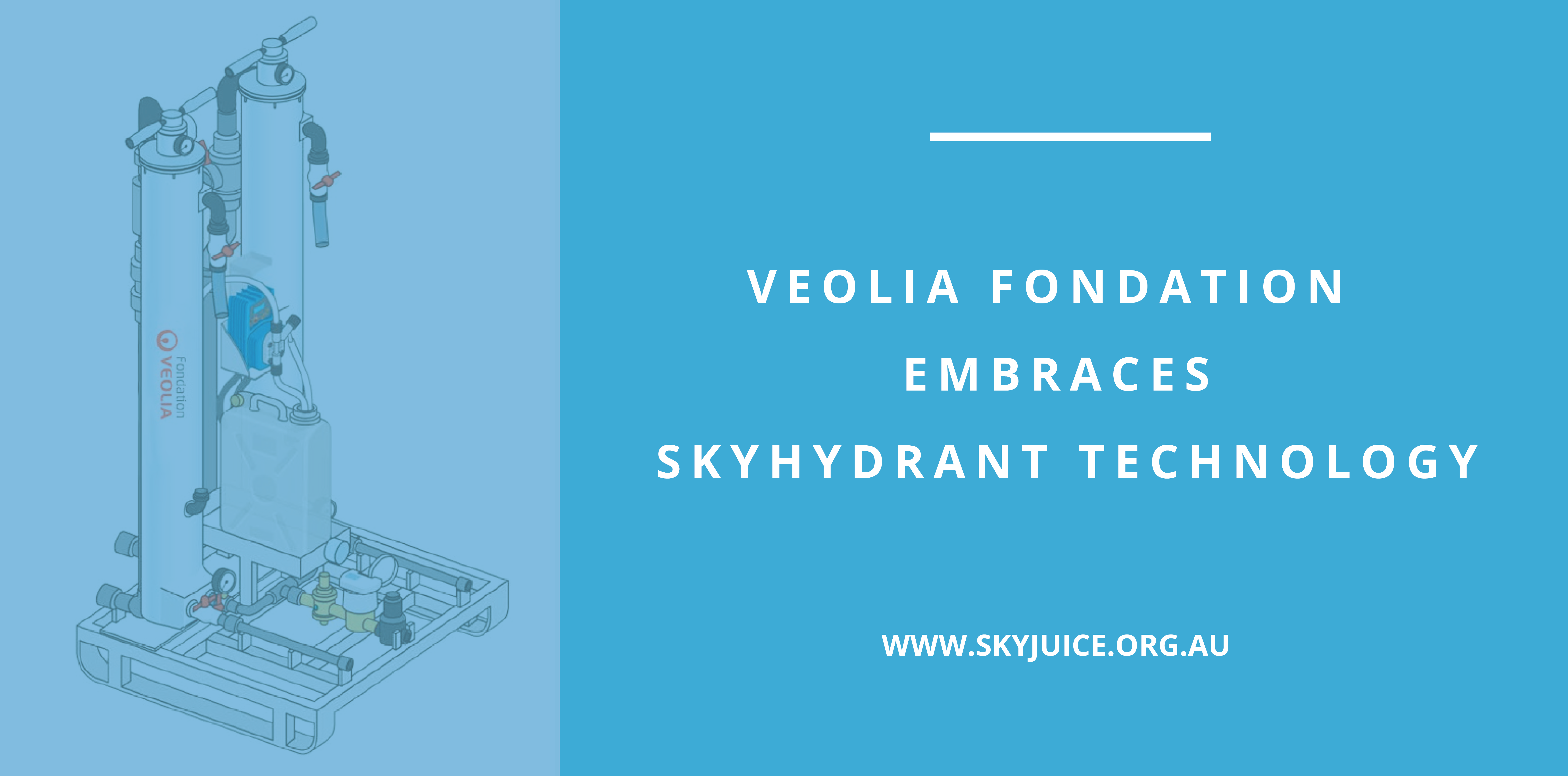There is no Nobel prize for water and while there are many prizes for water activities, the closest to the Nobel Prize is the Stockholm Water Prize.
The Stockholm Water Prize was established in 1991 and presented annually since. It is the world’s most prestigious water award. It honours women, men and organizations who have made extraordinary water-related achievements. All nominations are carefully reviewed by the world-leading water experts of the Stockholm Water Prize Nominating Committee and after the Committee has selected a candidate, the Royal Swedish Academy of Sciences makes the final decision which is confirmed by the Board of Stockholm International Water Institute.
This year’s winner, Dr Jackie King, has worked on global river management and her achievements have been described as “game-changing”. She has advanced the scientific understanding of water flows giving decision-makers methods and tools to assess the full range of costs and benefits when managing or developing river systems.
Last year the joint winners of the award were Professors Bruce Rittmann and Mark Van Loosdrecht who had worked on biological and physical, chemical and nano-chemistry aspects of water treatment.
Prior winners had had policy, economic and sociological components in their life’s work recognition. Interestingly enough, one of the first recipients in August 1992 was the Department of Environmental Engineering, the Technical University of Denmark led by Prof. Poul Harremoës. Professor Poul was one of the great thinkers about water in the urban environment and the need to reinvent the urban water cycle from both the points of view of excess and scarcity.
To me, this illustrates the complexities of water research and the need for the original thinking in all aspects of water that specifically universities can provide. There are very few undergraduate degrees, or even graduate degrees with water in their titles. Is this good or bad? Does it promote creative thinking or simply entrench existing technologies as state of the art?
The use of membranes came out of work on polymer chemistry to simulate the covering of cells and the particular application for dialysis. By the late 70s and early 80s membrane, technology journals had been established and the application for water, air, particle separations, filtration, desalination and multiple other applications had been demonstrated. The science and technology around this led to adaptation or advanced material processing technologies to produce hollow fibres, novel sheets and capillary membranes.
This is now an accepted technology with large and micro-scale global applications. The cost curve has continued to come down and longevity has increased. This has resulted in robust low-pressure membrane solutions that can be used with minimal maintenance in low tech situations for water treatment – such as with SkyJuice.
Has this area of research work stopped? Not at all, actually far from it. New advanced membrane formulations are being made to better able to realise and simulate the original concept of a synthetic cell membrane.
As water practitioners, I believe our role is to keep abreast of R&D in many fields to seek out the developments that are occurring. This includes nanotechnology, new materials, biological science and engineering. Also, some of the traditional areas of biology, chemistry and engineering are enabling existing technologies to take these up and for new technologies to get into the area of water. For this reason, the need for multidisciplinary research and study is critical. Interdisciplinary research is essential with ‘polymath’ students able to take up the best ideas for solving the world water woes.
My vision? A low cost, low energy water treatment technology that uses online low-cost sensors to warn users and operators that a health risk is present using their mobile phones.
I believe that SkyJuice is a platform that moves a long way towards achieving that vision but that we will need to draw on that the next generation of academic research to go to the next stage – and that may well come from outside the traditional ‘water research’ fields.
We will then have a new candidate for the Stockholm water prize! I hope this sooner rather than later.



0 Comments